Things Your Doctor Won't Tell You...
Today I want to take some time to debunk the myths surrounding supplementation and their role in our wellness. This is a topic near & dear to my heart so I’m thrilled to shed some light on such a critical topic for you!So many individuals rely on their daily multi-vitamin to fill in the gaps of the nutrients they are missing from their daily diet. What you may not know is that the vitamins you’re buying are most likely doing more harm than good.The majority of vitamins being sold today are synthetic and created in chemical labs. What this means is “….the vitamin B you just picked up at your health food store or drugstore is probably derived from coal tar. It’s easy for the manufacturer to claim it’s “natural,” because it once was – about 355 million years ago – but I like my vegetables a little fresher than that, and I know my body does too.”In the book, Back to the Basics of Health Health, Mary Frost explains, “The body treats all synthetic vitamins as foreign substances, reacting to them like toxins. These toxins are then processed and neutralized by the liver, which sends them to the kidneys for elimination. The is the real story behind the “expensive urine” of excessive vitamin intake.”While it certainly sounds reasonable that vitamins are not only more effective but solely effective in their whole foods form, many people still have a hard time believing that the vitamin business is a total scam.“When vitamins were discovered, they were discovered in foods. When foods were studied, a lot was learned. In fact, in the studies that showed that vitamins really do work, a food-source nutrient (such as wheat germ oil) was used. In studies showing that vitamins don’t work, a synthetic (such as a fragmented portion of Vitamin E) was always used.”"Separating the group of compounds (in a vitamin complex) converts it from a physiological, biochemical, active micronutrient into a disabled, debilitated chemical of little or no value to living cells. The synergy is gone."Below, Dr. Michael Gaeta explains the difference between the 3 types of nutritional supplements available to us today:1. Synthetic• Artificial chemicals made in a laboratory • Most are made by pharmaceutical companies from coal tar or petroleum byproducts • Often referred to as “nutraceuticals” (chemical nutrients) • Based in the same reductionist principles as drug therapy • Have a pharmacological (not nutritional or rebalancing) effect on the body • Are essentially over-the-counter drugs • Lack essential co-factors which complete and balance the nutrient complex • Create nutritional deficiencies of missing co-factors that naturally occur in food • Results in a toxic “mega-dose” approach to therapeutics, e.g. hundreds or thousands ofmilligrams of ascorbic acid (mistakenly referred to as vitamin C) • Accurately described as counterfeit or fake vitamins • Have consistently been found less effective than food concentrates • Common adverse reactions when combined with other drugs • 99% of the “vitamins” people take (those from the pharmacy, health food store, vitamin store or mail order) are isolated synthetic chemicals2. Fractionated• Similar to synthetics in principle and effect • Chemically extracted from foods or plants • e.g. d-alpha tocopherol (mistakenly referred to as vitamin E) from soybean oil • Most standardized herbal extracts are made in this way3. Food Concentrates (AKA Whole Food Supplements) • Concentrated foods and plants that retain the full nutrient complex • Made by simply removing the water and fiber from the food or plant • Quality determined by farming methods; soil, water and sun; and the manufacturing process • Produce far fewer adverse reactions and interactions with drugs • Non-toxic, unlike isolated chemical vitamins • Have a nutritional/rebalancing effect on the body; often referred to as “therapeutic foods” • Provides nutrients in the way the body is designed to obtain them: from foods, not chemicals • Greater availability of nutrients in their original/natural formNote: You cannot compare the amounts (milligrams) of vitamins in a synthetic formula to that of a food concentrate. Foods (e.g. a bag of carrots) and food concentrates contain small amounts of hundreds of nutrients not listed on the label. Food concentrates are low-dose and high- potency, whereas synthetics are high-dose and low-potency.If you are interested in learning more, here is a wonderful article by Dr. Mercola: http://articles.mercola.com/sites/articles/archive/2005/01/19/whole-food-supplements.aspx
So what SHOULD you be taking in place of synthetic vitamins?
Whole Food supplements!
“Vitamins are essential for human life. Needed only in small amounts in the deit, they regulate all metabolic processes including growth, maintenance, energy production, reproduction, and health. They also protect tissues against damage. Each vitamin has its own special function in the body and cannot be replaced by anything else.Vitamins are obtained from whole foods. Many people have likes and dislikes that keep them from eating green leafy vegetables such as kale, broccoli, Brussels sprouts and other foods necessary for good health. As a result, vitamin supplements are a must."We must take a stand against the commercial food industry which has been dominating our health and food habits for nearly 100 years now. With the deterioration in our health, and increase in obesity, heart disease and diabetes – we must take the power into our own hands and take a stand for health, vibrancy, well-being and our overall wellness.My recommendations for whole food supplements:1) Standard Process www.standardprocess.com2) Garden of Life www.gardenoflife.com3) New Chapter www.newchapter.comIf you are interested in learning more and finding out exactly which nutrients your body needs, click here to schedule a one-on-one consultation with me to get you started on a whole food supplement protocol!

